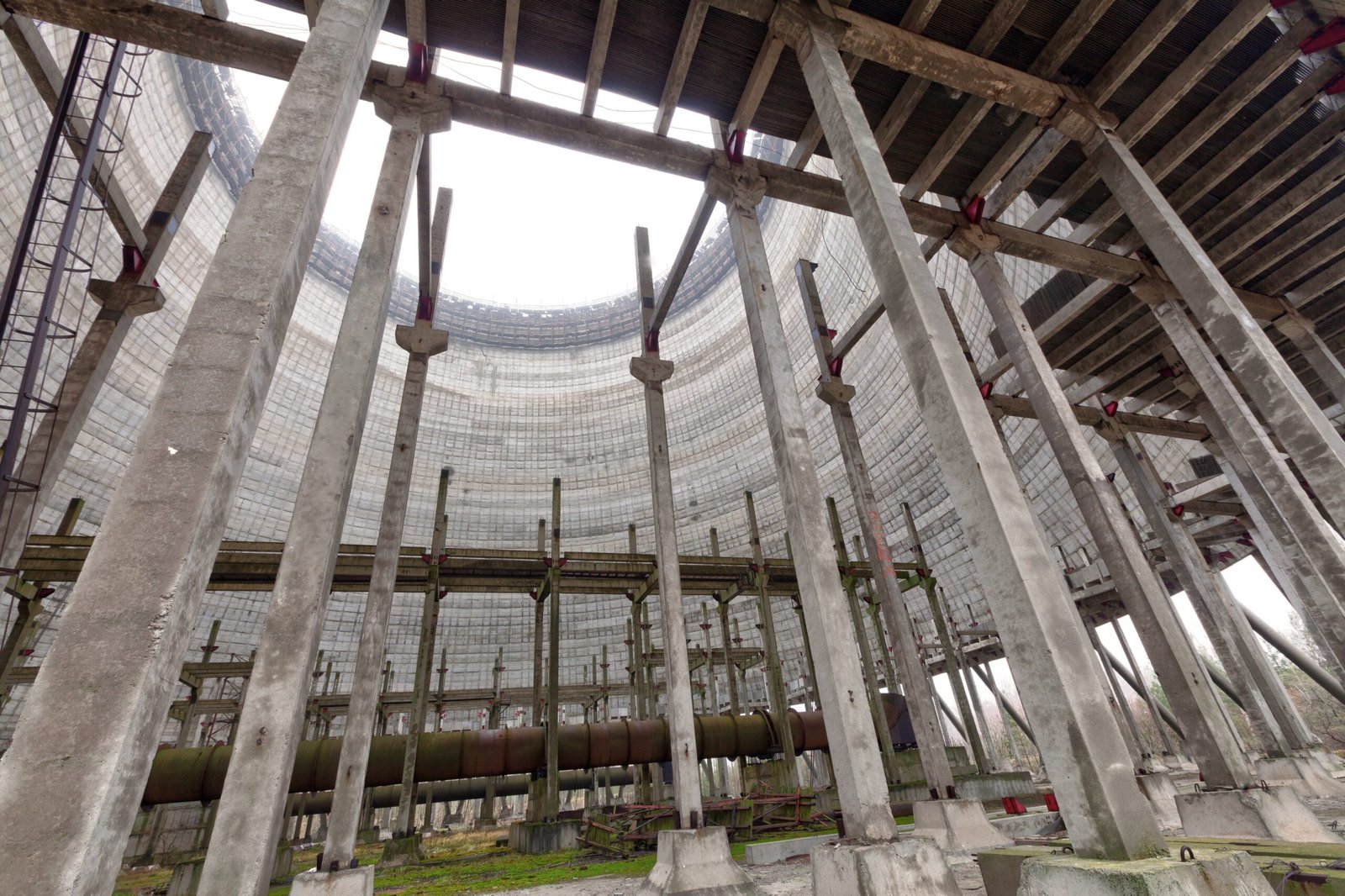Crack control for mass and structural concretes with Ecocrete™ PP Monofilament Fiber

Early-age cracking in mass/raft pours: PP monofilaments form a 3D network that limits plastic shrinkage as thermal gradients develop, helping keep crack widths tight.
Penetrations & edges: Added post-crack toughness supports arrises around sleeves, embeds, anchor pockets, and saw-cuts to reduce spalls and cosmetic patching.
Coastal environment: Polypropylene is non-corrosive and resists chlorides/alkalis, supporting long-term durability versus metallic micro-reinforcement.
Placement efficiency: Fibers disperse quickly in central-mix or on-site batching, are pump-friendly, and help stabilize finishes for consistent texture and joint quality.




Teams reported improved control of plastic-shrinkage cracking on exposed slabs and toppings, crisper joint edges, and fewer small-area repairs around penetrations and construction joints. Fiber-modified mixes support schedule reliability and lower life-cycle maintenance across critical concrete assets.
Fiber-Enhanced Concrete for Safety-Critical ReliabilityMassive Pours, Congested Rebar, Coastal Exposure — Managed
At Shidao Bay, key civil works—basemats, auxiliary buildings, cooling-water structures, and heavy-duty pavements—require tight crack control, stable finishes, and long service life. To help reduce plastic-shrinkage and early micro-cracking in dense, low-w/c mixes, the project adopted Ecocrete™ Polypropylene Monofilament Fiber. Uniformly dispersed micro-fibers bridge micro-cracks at initiation, improve surface integrity at joints and penetrations, and add abrasion/impact resistance for construction and maintenance traffic.
Fill out the form below, and we will be in touch shortly.
Fill out the form below, and we will be in touch shortly.